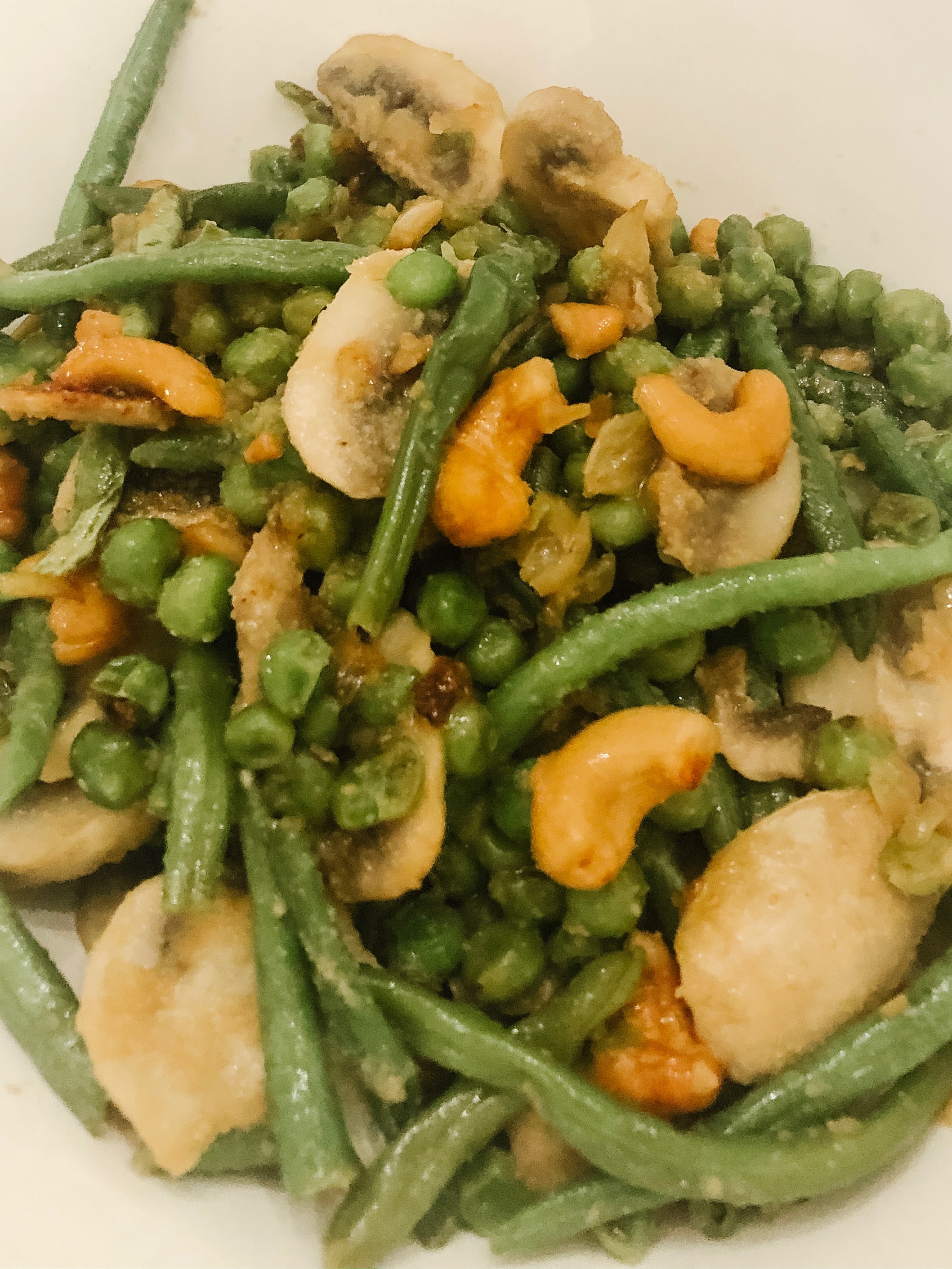December 2019 Newsletter
Upcoming Events
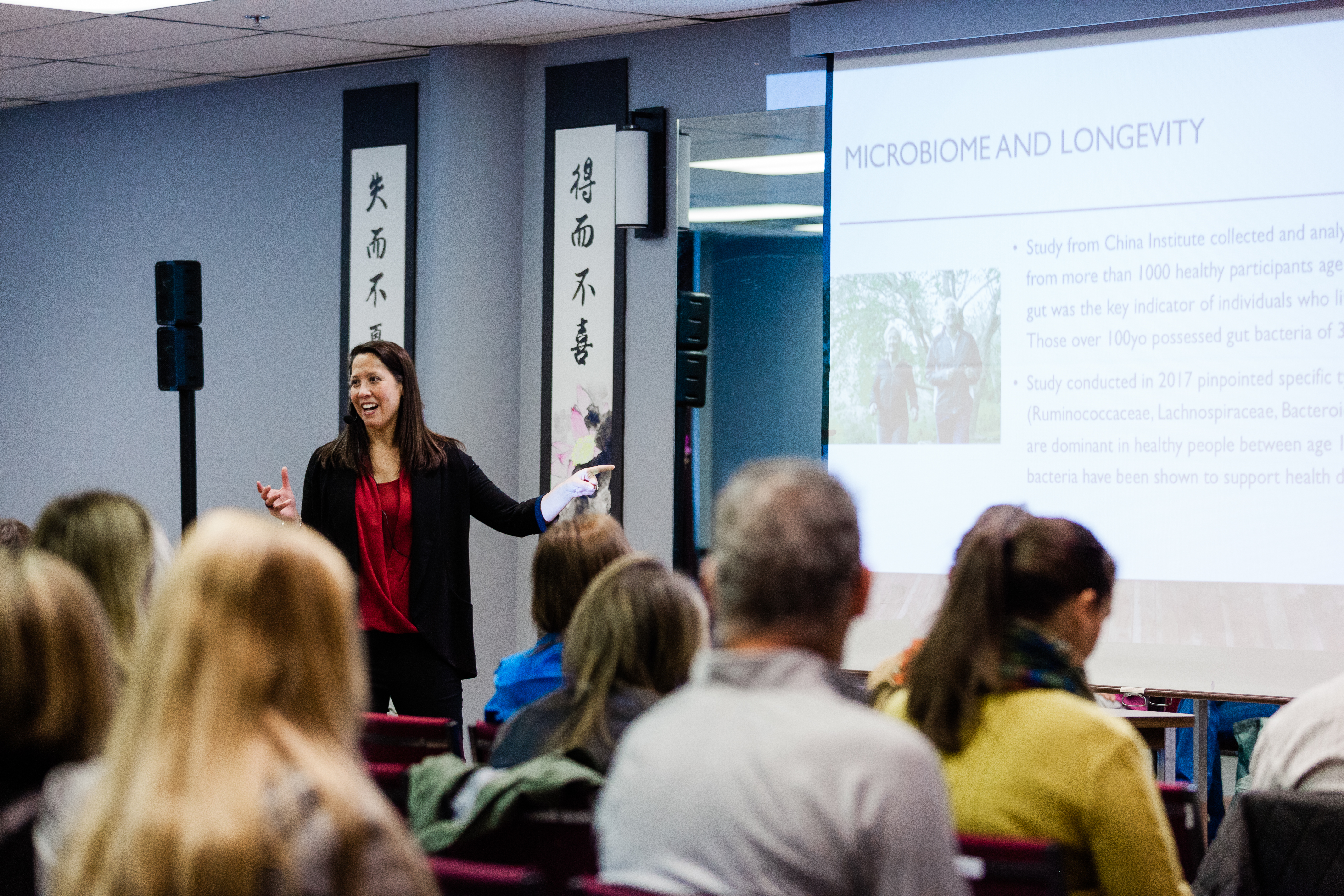
Speaker: Dr. Melina Roberts
Topic: Balance your Hormones
Location: Light Cellar
Date: Thursday, January 23rd
Time: 6:00pm – 9:00pm
Cost: $40
Register at www.lightcellar.ca
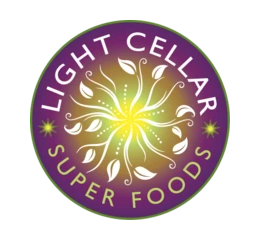
________________________________________________
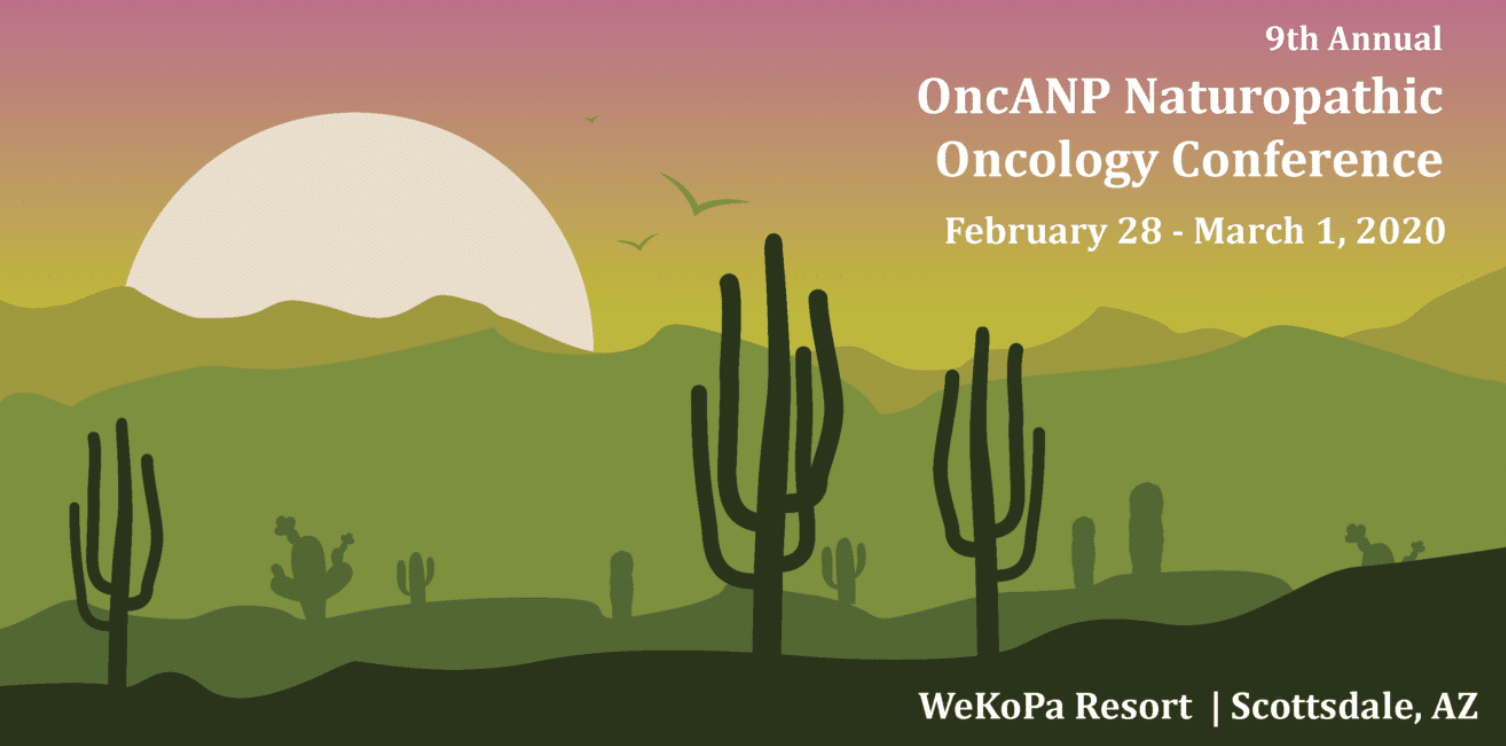
Speaker: Dr. Melina Roberts ND
Topic: The Microenvironment: The Missing Link to Treating Cancer
___________________________________
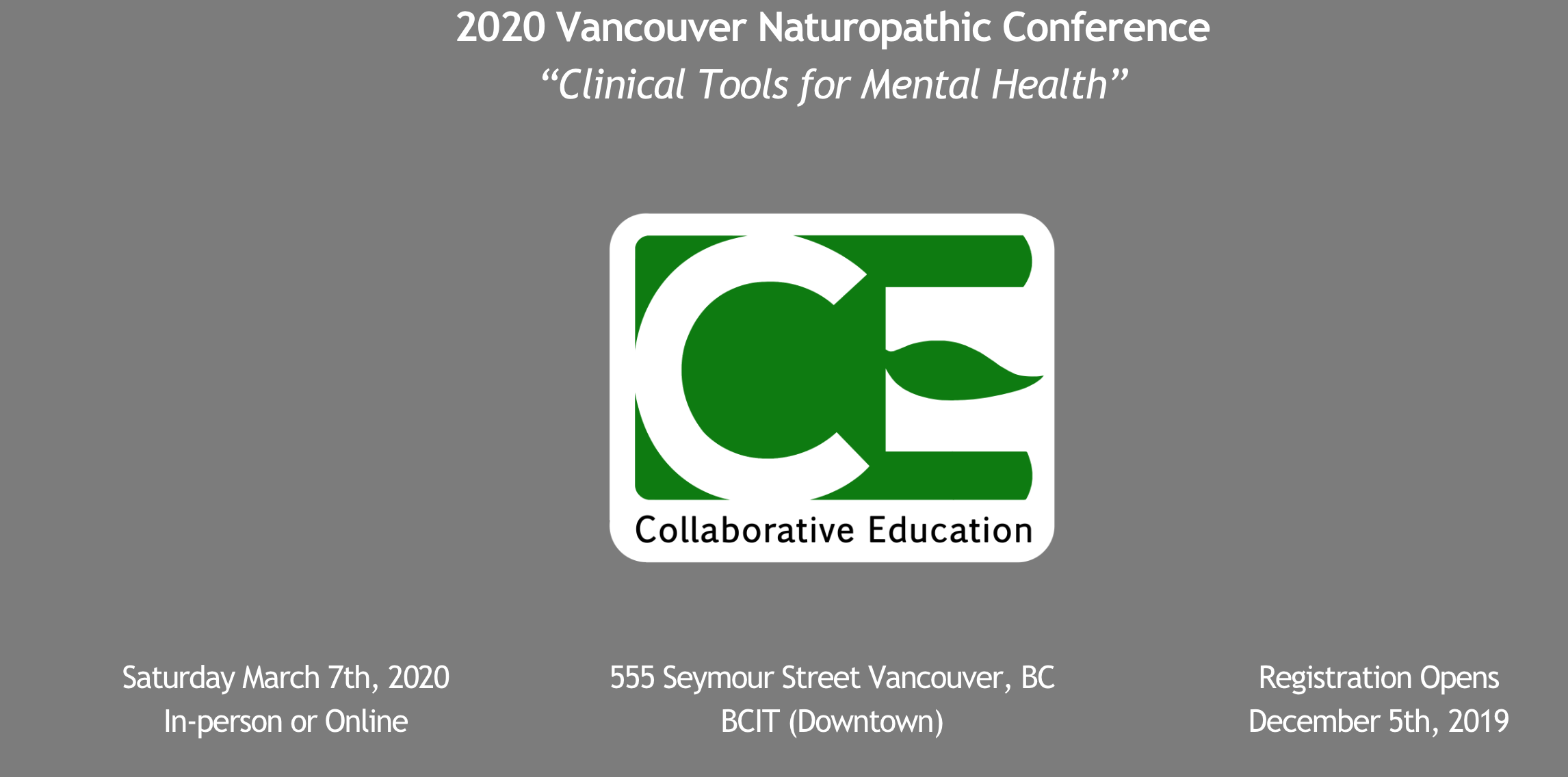
Speaker: Dr. Melina Roberts, ND
Topic: Beyond the Gut: Examining the Microbiome Influence on Mental Health
___________________________________

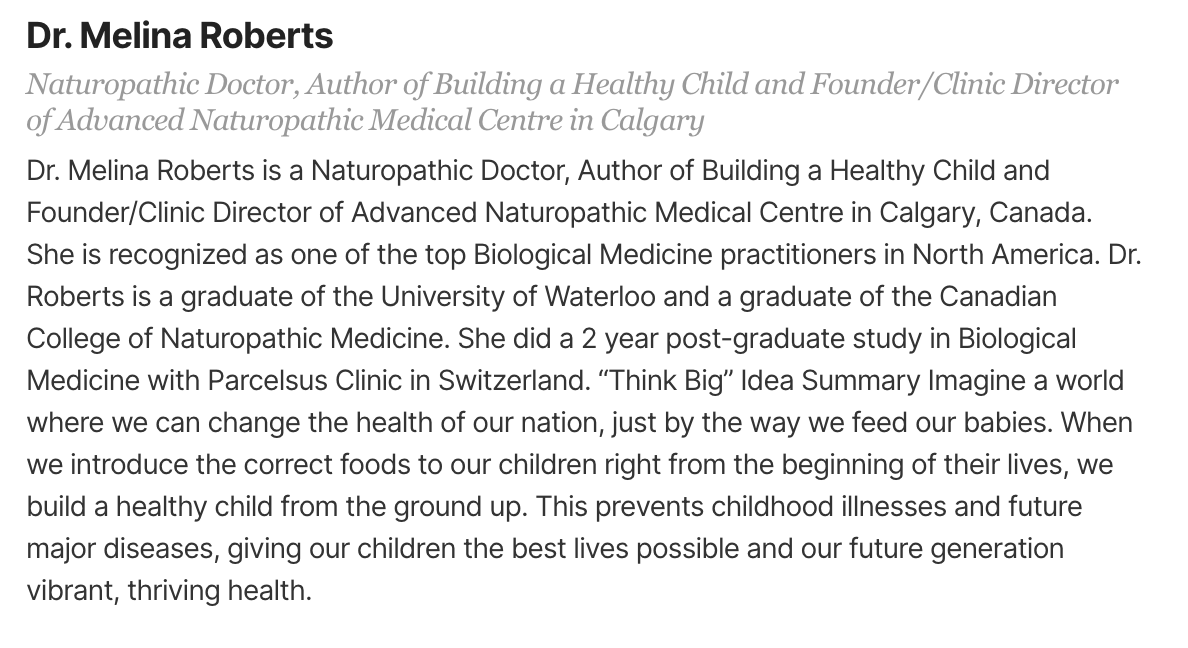
Live Interviews
- Dr. Melina Roberts did a LIVE FACEBOOK INTERVIEW with Malcolm Saunders of the Light Cellar for a conversation about Detoxification and the 6 distinct differences that set this systematic approach apart from others
- Dr. Melina Roberts was interviewed at the Calgary Fermentation Festival on location on October 19th.
Featured Article
Echinacea, Andrographis….Herbs and Foods for the Immune system….
BY: DR. TORY JACKSON
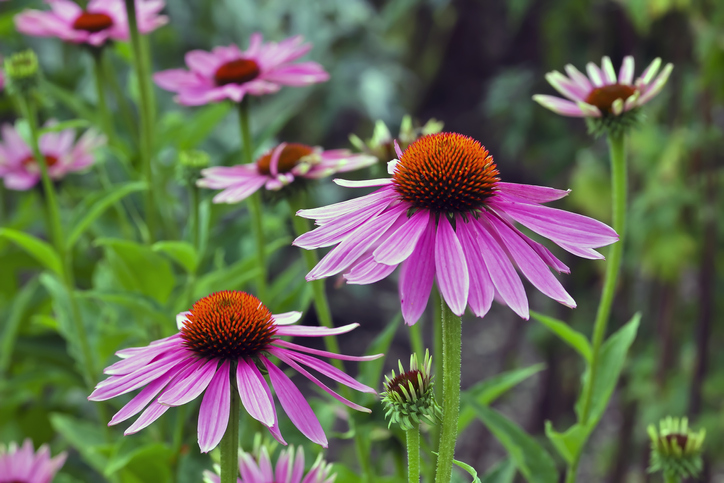
Echinacea
Echinacea is a well known herbal support for the immune system, commonly used
in cold remedies and immune building preparations. Products differ for several
reasons; plant species used, part of the plant used, strength of active ingredients and
dosage. Echinacea’s common name is coneflower (belonging to the daisy family.) 3
species have medicinal properties; Echinacea angustifolia, E. purpurea and, to a
lesser extent, E. pallida. The active ingredients in Echinacea root are mostly
alkylamides and polysaccharides.
Alkylamindes are best extracted using alcohol. These substances are considered to
show the best immune-balancing, anti-bacterial and anti-fungal activity.
Alkalamides impart a ‘tingling’ sensation on the tongue, which can be used as an
indicator of quality. Alternatively, in Germany, tops of the plants are juiced and
prepared into remedies. These preparations are composed of more water-soluble
active ingredients like polysaccarides. Separate research exists for both root and
plant top preparations, each having their own unique immune-stimulating actions.
How the broad range of phytochemicals in Echinacea work synergistically together
is not completely understood. Recent research confirms that some of the active
ingredients stimulate leukocyte (white blood cells) production and promote
phagocytosis (how they fight infection). Echinacea has a modulating action on the
immune system- it has been shown to downregulate responses of certain immune
cells when the system is highly active.
In addition to improving resistance to infection and repairing tissue damaged by
infection, Echinacea extracts are take orally to treat ear, nose and throat
inflammation and for skin conditions such as eczema, psoriasis, boils and abscess.
Echinacea is a herb that is safely used during pregnancy and nursing. The herb has a
long safety history. Because it belongs to the daisy family, anyone with a sensitivity or allergy to this
family of flowers should avoid Echinacea preparations.
Cautions exist with regards to autoimmune conditions and drug interactions, but
are based on theoretical action and not confirmed through scientific research.
Individuals taking immuno-suppressive drugs, undergoing cancer treatment, using
corticosteroid medication, blood thinners or hepatotoxic drugs should seek the
advise of a Naturopathic Doctor or professionally-trained herbalist before using
Echinacea.
Andrographis
Andrographis is known as the ‘King of Bitters’ in Ayurvedic traditional medicine and
in Traditional Chinese medicine it’s used as a cold and bitter herb to clear heat.
Sometimes referred to as ‘Indian Echinacea’, Andrographis is presently used to
reduce the severity of cold symptoms. The scientific research on Andrographis is
limited despite hundreds of years of traditional use. One recent double-blind study
supports the use of Andrographis to stimulate and provide short-term support the
immune system. Andrographis contains diterpenoid lactones called
andrographoloides that are active anti-microbials, allowing it to be used over a
broad range of digestive issues, inflammation, fevers and upper respiratory tract
infections. Studies also reveal anti-fungal activity against Candida albicans.
Andrographoloide levels may vary between products, so ensure the brand you
choose is reliable and supports testing for potency and purity.
This herb also has a good safety profile, but should be avoided in pregnancy and
nursing because of a lack in available research data.
Food as Medicine
Because the outer membrane of our immune cells are made of fatty acids, they can
be especially sensitive to oxidative stress. Oxidative balance is critical. Free-radical
production occurs internally as part of our ongoing biological activities. As well,
external sources of free radicals are derived from pollution, chemicals in foods and
cosmetics, processed foods and smoking. Antioxidant-containing nutrients reduce
the effects of free-radical stress (oxidation) on immune cells and body tissues in
general.
While herbal medicine can be an effective part of your immune support, also rely on
the dense antioxidant nutrients in foods that contain a group of nutrients called
polyphenols; this includes flavonoids, stillbenes, lignans and phenolic acids…found
in brightly coloured fruits and vegetables, mushrooms and don’t forget a therapeutic
portion of rich, dark chocolate! Meal choices should also include foods high in anti-
oxidative vitamin and minerals or ‘ACES’ – Vitamin A, Vitamin C, Vitamin E and
Selenium.
If you are looking to stock your home medicine kit for cold and flu season, include
Echinacea and Andrographis, but also include a daily, hearty intake of nutrient
dense foods can help support your immunity and reduce oxidative stress.
Here’s to a Healthy Winter Season!
Featured Recipe
Mushroom and Green Bean Stir fry
Contributed by Valentene
